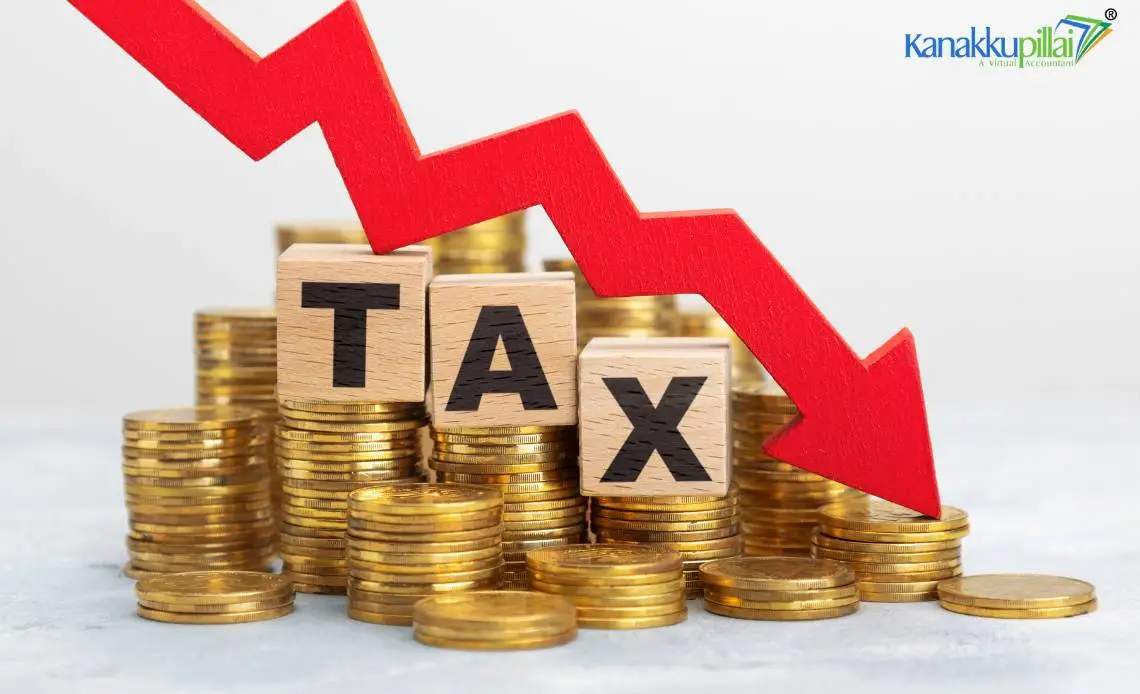Being a private limited (Pvt Ltd) firm in Chennai, traversing the convoluted terrain of taxes and compliance might be intimidating. Nonetheless, you may guarantee that your company will effectively follow the regulatory framework controlling taxes in India by means of appropriate information and strategy. In this blog, we will discuss the main points of taxes and compliance for Chennai’s Pvt Ltd companies, thus guiding you in becoming proficient in these fundamental areas of corporate administration.
Understanding Pvt Ltd Company Structure
A private limited corporation is a kind of legal organization giving its owners limited liability. Businesses in Chennai especially like this structure because of its adaptability, tax advantages, and simplicity of administration. Being a Pvt Ltd firm benefits you with a distinct legal identity, transferable shares, and private investment-raising capability.
Key Taxation Aspects
Being a Pvt Ltd firm in Chennai means paying income tax, goods and services tax (GST), and corporation tax, among other taxes. Understanding the relevant tax rates and compliance dates helps guarantee timely payments and prevent fines.
Operating in India, Pvt LTD companies pay corporation tax, currently set at 25% for companies with yearly income up to ₹400 crores. Before the needed deadline, file the income tax return for your business to avoid late filing fines and interest charges.
Applied indirectly to the supply of goods and services, Goods and Services Tax (GST) is all-encompassing. As a Pvt LTD company in Chennai, should your annual income be above the threshold, you must register for GST. What GST compliance is all about—regular returns, accurate records, and timely payments—is filing.
Income Tax: Pvt LTD companies also deduct and pay tax at source (TDS) on certain payments made to suppliers, contractors, and employees. Ignoring TDS regulations could result in penalties and expense disallowance.
Compliance Requirements
Apart from their tax responsibilities, Chennai Pvt Ltd. enterprises have to follow specific compliance guidelines established by the Enterprises Act, 2013. These entail:
- Maintaining statutory registers, including the Register of Members, Register of Directors, and Register of Charges
- Sending annual financial statements and tax reports.
- Hold general yearly meetings and finish necessary documentation with the Registrar of Companies.
- The Companies Act 2013’s provisions on corporate governance, board meetings, and share transactions were used.
Importance of Professional Guidance
Considering the intricacy of taxes and compliance criteria, Chennai Pvt Ltd organizations should seek the advice of tax advisors and compliance specialists. These experts can guide you through the legal terrain, guarantee timely filings, and maximize your tax obligations through sound tax planning techniques.
Common Challenges and Solutions
Regarding taxes and compliance, Pvt LTD businesses in Chennai might have many difficulties, including:
- Lack of in-house knowledge to manage complicated tax computations and filings.
- Difficulty in keeping up with regular changes in tax rules and regulations.
- Insufficient documentation or record-keeping causes disparities during audits.
To overcome these challenges, Pvt Ltd companies can:
- Invest in training and development of their finance and accounting staff.
- Stay informed about the most recent tax laws and regulations through regular updates from professional organizations and government websites.
- Use vital record-keeping and documentation policies to guarantee seamless compliance.
Conclusion
Success and expansion of Pvt Ltd. enterprises in Chennai depend on mastery of taxes and compliance. Understanding the main elements of taxes, following compliance rules, and consulting professionals can help guarantee that your company runs effectively, reduces risks, and maximizes tax advantages. Recall that good tax planning and compliance protect not only your business’s financial situation but also help it be long-term sustainable and prosperous.
Related Services





